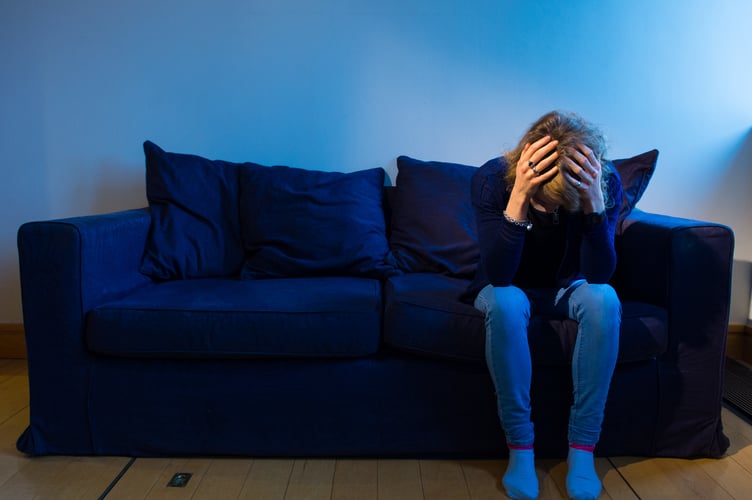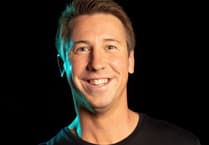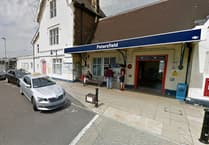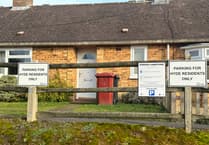Hundreds of people are living with young onset dementia in Hampshire, Southampton and the Isle of Wight, new figures show – but one charity has warned the actual numbers may be even higher.
Dementia is described as "young onset" or "early onset" when symptoms develop before the age of 65, usually between 30 to 65 years of age.
Dementia UK said limited awareness of the conditions leaves many families in isolation, with "little to no" service provision.
NHS figures show 400 people aged under 65 in the former NHS Hampshire, Southampton and Isle of Wight CCG had a dementia diagnosis as of August – accounting for just 2.6% of people in the area with the impairment.
Across England, 473,100 people had a dementia diagnosis with just over 16,000 of them aged under 65 (3.4%).
However, Dementia UK said its estimates are higher as the NHS figures do not include those with young onset dementia who have turned 65 since their diagnosis.
The charity suggests 7.5% of those with a diagnosis developed dementia before they were 65, meaning an estimated 70,800 people in the UK are living with young onset dementia.
Jules Knight, consultant admiral nurse for young onset dementia at Dementia UK, said there is limited awareness among health and social care professionals of the impact the condition has on families.
She added: "This has resulted in little to no service provision, leaving families isolated without the support they so urgently require.
"Greater investment is needed to expand local support services and ensure they reflect the needs of those living with young onset dementia, as well as the complex challenges faced by those caring for them."
A Department of Health and Social Care spokesperson said funding for dementia research is doubling to £160 million a year by 2024-25.
They added: "We want every person with dementia to receive high quality, compassionate care, regardless of age, gender or background, which is why we’re committed to improving diagnosis rates and access to new treatments.
"But the most effective way to support early diagnosis is to deliver on our priority to cut waiting lists – we have opened 118 community diagnostic centres across the country which have delivered over five million additional tests, checks and scans since July 2021."
Ms Knight added the first symptoms for young onset dementia are not always memory related, making it more challenging to recognise and diagnose.
The symptoms can vary and may include issues with language, speech, vision, spatial awareness, and behaviour.
Dementia UK’s dementia specialist Admiral Nurses can offer tailored support to families living with young onset dementia. For advice or guidance, please visit dementiauk.org/get-support.




